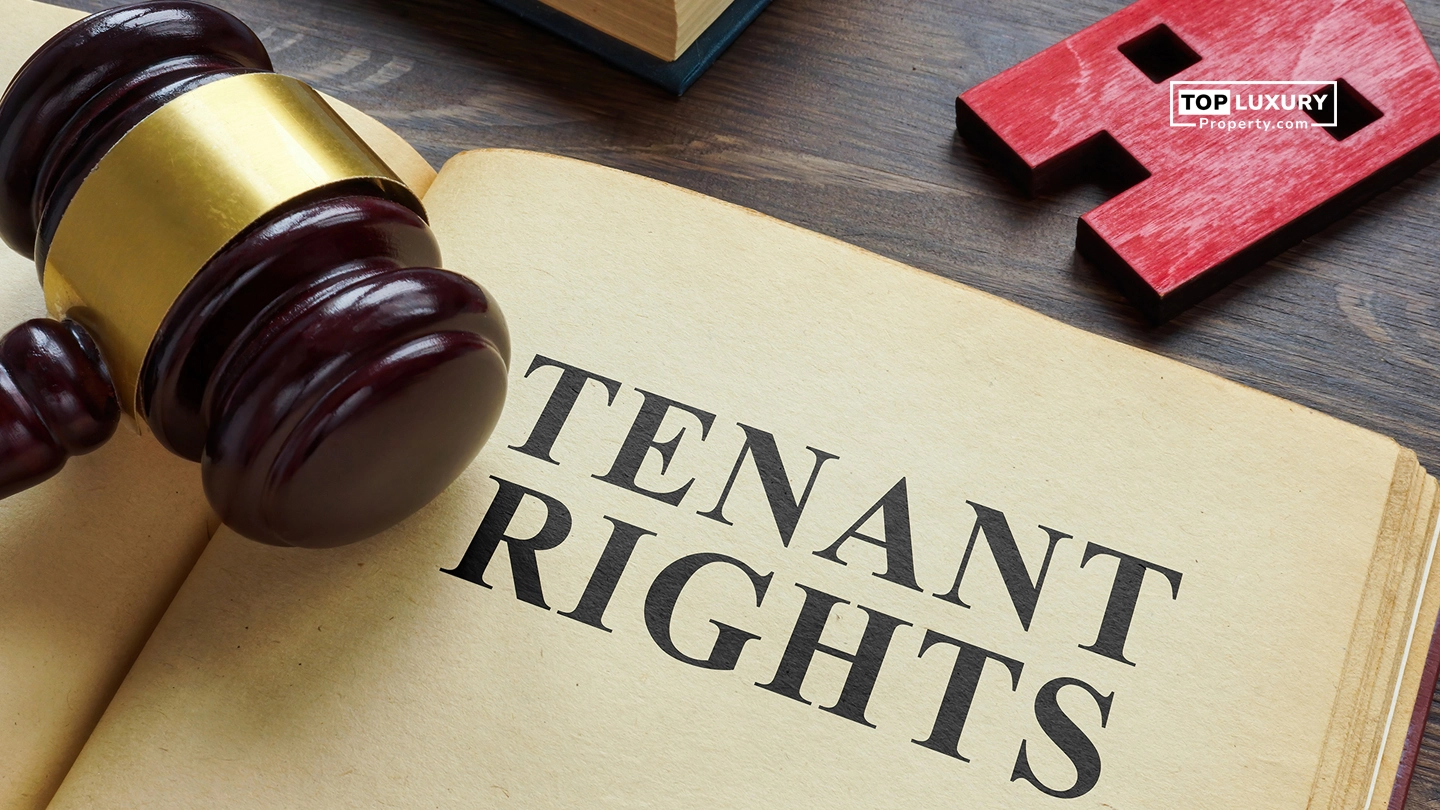Permissible Deductions Under UAE Law: Your Guide to Rental Security Deposits
So you’re renting in the UAE and you’ve handed over that security deposit. Great! But what happens to that cash when you move out? Do landlords just get to keep it or are there actual rules they have to follow? Knowing the ins and outs of UAE security deposit deductions is super important for you as a tenant. This guide will break down the rules, show you the usual reasons for deductions and tell you exactly what you can do to get your money back.
Permissible Deductions Under UAE Law
When it comes to UAE rental laws, especially in Dubai, landlords can’t just take money from your security deposit for no reason. They can only deduct for specific things. Think of it this way: if you break your rental contract or cause damage to the property that’s way more than just everyday wear and tear, then they might have a case. Laws like Dubai Law No. 33 of 2008 (which updated Law No. 26 of 2007) outline these rules.
Typically, landlords can deduct for:
Unpaid Rent or Bills: Any rent you still owe plus utility bills (like electricity, water or cooling) or service charges that were your responsibility.
Damage Beyond Normal Use: This is a big one. The deposit is there to cover damage you or your guests caused. It’s not for the usual scuffs and fading that happen over time. For example, if you break a light fixture, crack a tile or damage an appliance through misuse, that’s fair game for a deduction.
Breaking Your Rental Agreement: If you don’t stick to certain parts of your lease, like moving out early without giving proper notice or if you don’t leave the place in the agreed-upon condition (again, normal wear and tear doesn’t count here).
Cleaning Costs: If you don’t leave the property reasonably clean the landlord might hire professional cleaners and yes they can take that cost from your deposit.
Just remember the landlord has to prove why they’re making any deduction. They need to show you evidence, like invoices for repairs or photos from before and after you moved out.
Common Reasons for Security Deposit Deductions
Even with laws in place, some issues pop up often and lead to UAE security deposit deductions. Knowing these common problems can really help you avoid any nasty surprises.
Here are the frequent common issues:
Bad Wall Damage: Big holes, deep scratches or major stains on the walls that a fresh coat of paint won’t fix.
Lost Keys or Cards: The cost to replace any missing keys, building access cards or parking remote controls.
Pest Problems: If the property ends up with a pest issue because you weren’t keeping it clean or tidy.
Knowing these common issues can help you take better care of the property and make your move-out much smoother.
Tenant Responsibilities and Property Maintenance
To avoid Dubai landlord deposit rules eating into your refund you have clear responsibilities when it comes to looking after the property. Doing your part here can really make a difference in how much of your deposit you get back.
Generally tenants are responsible for:
Keeping it Clean: Just basic tidiness and cleanliness throughout your time living there.
Small Fixes: Taking care of minor maintenance stuff that comes up from daily use, like changing a light bulb or unblocking a simple drain.
Reporting Big Problems: Telling the landlord or property manager about any major structural issues or serious damage that wasn’t your fault.
Leaving it Right: Handing the property back in pretty much the same condition you got it, minus normal wear and tear. This often means making sure all the fixtures are still there and in good working order and the place is professionally cleaned.
Pest Control: Making sure the property stays free of pests by cleaning regularly. If pests do show up because of something you did you might need to call in professional pest control.
Get a move-in inspection report with photos or videos. This will be your reference point; you can compare the property condition at the beginning and end of your lease and avoid many disputes.
| Item Type | Tenant Responsibility (Typical) | Landlord Responsibility (Typical) |
|---|---|---|
| Light Bulbs | Replacement | Initial provision |
| Drain Blockages | Clearing minor blockages | Major pipe issues, structural plumbing |
| Appliance Repair | Damage due to misuse | Malfunctions due to wear and tear, manufacturing defects |
| Wall Paint | Damage beyond normal scuffs (e.g., large holes, graffiti) | Repainting for normal wear and tear after long tenancy |
| Pest Control | Infestations due to tenant’s actions (e.g., poor hygiene) | Pre-existing infestations, structural pest entry points |
Disputing Unfair Deductions
So, you’re feeling like your landlord unfairly deducted money from your security deposit, or maybe even just took a chunk without a good reason? Trust us, you’ve got every right to challenge that! Usually, there’s a pretty clear path to follow, and sometimes, yes, that means getting the official folks involved.
Wondering how to go about disputing those deductions? Here’s a good starting point:
- Ask First to Landlord: Always, try to ask directly of your landlord. Seriously, it’s the best initial move. Ask them for a crystal-clear, itemized breakdown of what they’re taking out, along with any proof they claim to have. Once you have that, spell out precisely why you disagree, making sure to reference your original move-in report.
- Consider Mediation: Now, if that initial conversation doesnot work, consider bringing in a mediator. Over in Dubai, RERA Law (that’s the Real Estate Regulatory Agency) actually handles all of these.
- File a Complaint with RERA: If you can’t agree, you can file a formal complaint with the RERA security deposit disputes department. Be prepared with all your essential paperwork: your tenancy contract, your Ejari registration, both your move-in and move-out reports, every single message you’ve exchanged with the landlord, and truly anything else that helps paint a clear picture of your side of the situation.
- Legal Action: Now, if all else fails – or perhaps your case is just incredibly complex from the get-go – then, and only then, might you need to weigh up taking legal action via the Dubai Courts. Think of it as the ultimate last resort.
Getting Your Deposit Back: The Steps and Timing
Knowing the refund process and timelines for your security deposit is pretty crucial. While there isn’t one exact time limit across all the emirates, there are common practices and what’s generally expected by law.
Here’s what usually happens with your refund:
Always try to walk through the property with your landlord when moving out. Take lots of pics on your phone too - if there’s any dispute.
Your landlord should give you a breakdown of any money they’re keeping. They can’t just say “damages” and take half your deposit! They need to explain exactly what they’re charging you for.
Most landlords will return your money within 10-30 days. Nothing in law says exactly when, but honestly, if it takes longer than a month, something’s fishy! They just need enough time to check for damages and sort out final bills.
They’ll probably send your refund by bank transfer. Double-check they’ve got your right account info!
Keeping communication clear and making sure all your final bills are paid can definitely speed up the refund process.







